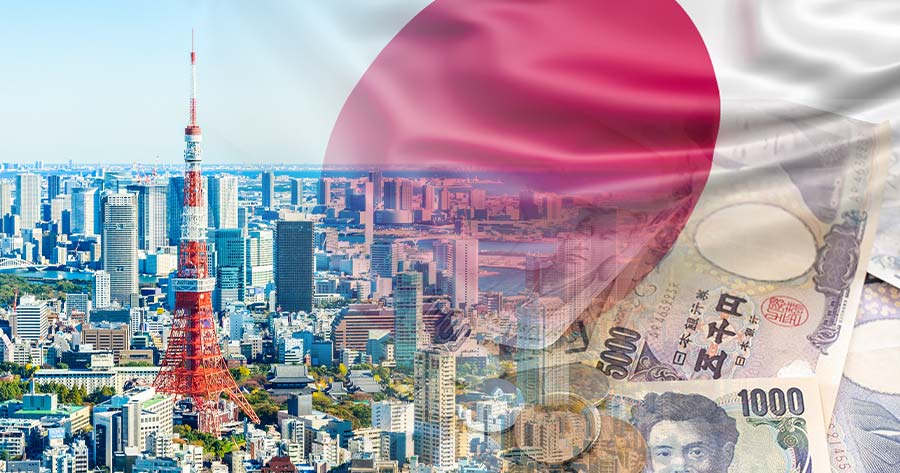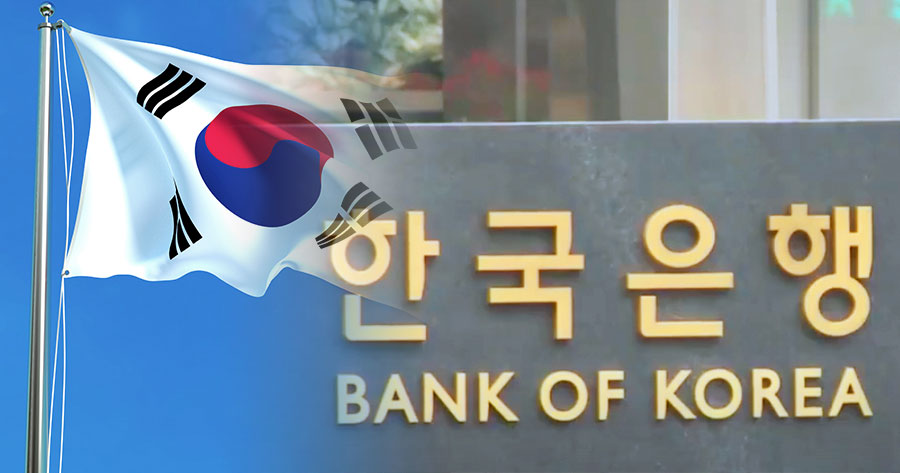In November, Japan’s service-sector inflation indicator rose to a 3.0% year-on-year increase, marking its second consecutive month of acceleration. This trend supports the Bank of Japan’s (BOJ) assessment that rising wages are encouraging firms to transfer higher costs to consumers.
The services producer price index, which tracks prices that companies charge each other for services, reached 109.1—the highest level since March 1995—boosted by increased prices in sectors like accommodation, machinery repair, and construction.
The data is a focal point for the BOJ as it evaluates whether demand-driven price gains are sufficient to consider more interest rate hikes. The BOJ implemented key changes earlier this year by terminating negative interest rates and increasing the short-term policy rate to 0.25% in July, based on progress towards a sustainable 2% inflation target.
Governor Kazuo Ueda has indicated that, provided inflation persists on its projected path, further rate increases would remain on the table. Although the BOJ maintained its rates steady in December, Ueda plans to closely examine incoming wage growth data before advancing with changes in borrowing costs.
Analysts surveyed in a recent Reuters poll unanimously anticipated a rate increase to 0.50% by the end of March 2024. The central bank’s upcoming rate reviews are scheduled for January 23-24 and March 18-19.





